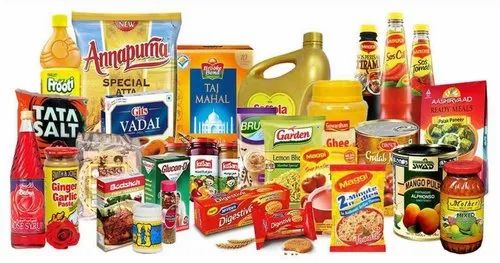Fast-moving consumer goods (FMCG) industry is one of the most competitive and dynamic industries in the world. From food and beverages to personal care and household products, FMCG companies are constantly innovating and adapting to changing consumer needs and preferences. In this blog post, we will explore the reasons why FMCG industry is so competitive and why it continues to thrive.
- High Demand and Large Market Size
FMCG products are essential items that people use on a daily basis. This high demand for FMCG products translates into a large market size, which makes it an attractive industry for businesses. The FMCG industry is estimated to be worth over $4 trillion globally, and it is expected to continue growing in the coming years.
- Low Margins and High Volume Sales
FMCG products are typically low-priced items that are sold in high volumes. This means that FMCG companies need to sell a large number of products to make a profit. To achieve this, FMCG companies focus on cost-cutting measures, such as efficient supply chain management and economies of scale. This low-margin, high-volume business model requires FMCG companies to be highly competitive and efficient.
- Intense Competition and Innovation
FMCG industry is highly competitive, with numerous players vying for market share. To stay ahead of the competition, FMCG companies need to constantly innovate and improve their products. This includes investing in research and development, marketing, and branding. FMCG companies also need to be agile and responsive to changing consumer trends and preferences.
- Globalization and Emerging Markets
FMCG companies are increasingly expanding into emerging markets, where there is a growing middle class with increasing purchasing power. This presents new opportunities for FMCG companies to grow their business and increase their market share. However, entering new markets also requires FMCG companies to adapt to local cultures and regulations.
In conclusion, FMCG industry is highly competitive due to its large market size, low margins, intense competition, and globalization. To succeed in this industry, FMCG companies need to be innovative, efficient, and responsive to changing consumer needs and preferences. Despite the challenges, FMCG industry continues to thrive due to its essential nature and the constant demand for its products.

